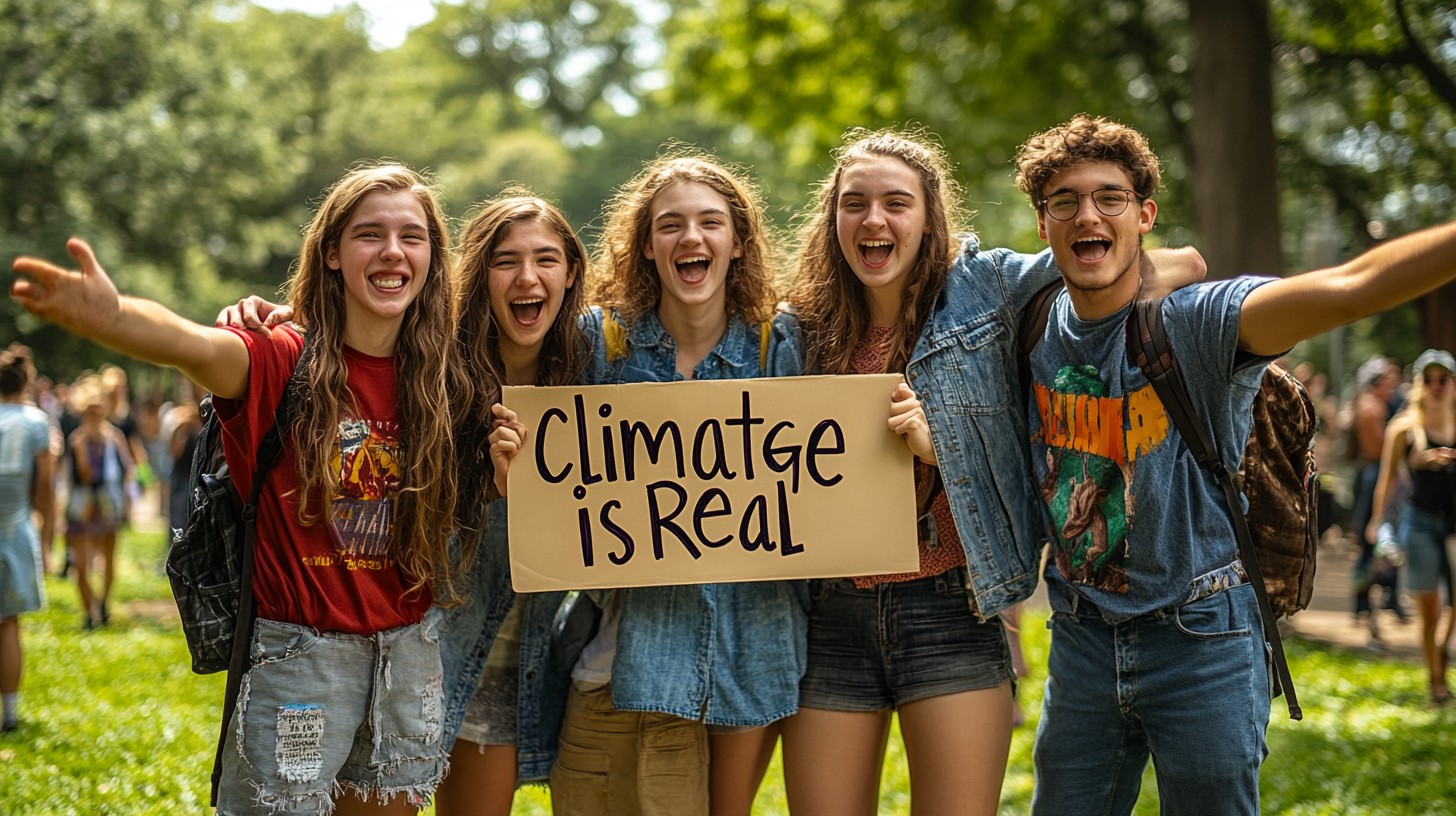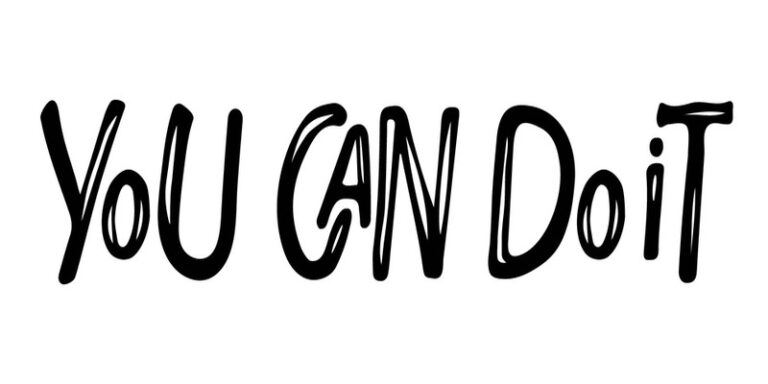Weather vs. Climate: What’s the Big Difference?
First things first: Have you ever wondered what the difference is between weather and climate? It’s a common question, so let’s clear it up right now.
- Weather is what’s happening outside right now. It’s the sunny day, the sudden rain shower, or the chilly breeze that makes you grab a sweater.
- Climate, on the other hand, is the big picture. It’s the pattern of weather in a place over a long period—like how it’s always warm in the tropics or how winters in Canada are reliably cold.
So, next time you’re chatting with someone and they say, “The weather’s been so weird lately,” you can impress them by saying, “Yeah, but that’s just the weather. The climate here is still the same overall!” 😉
Basic Climate Vocabulary You’ll Love
Alright, let’s get into some basic terms that are going to make you sound like a weather pro.
- Temperature: This one’s easy—it’s how hot or cold it is. So, when someone asks, “What’s the temperature?” they just want to know if they should wear a coat or not.
- Humidity: Have you ever walked outside and felt like the air was hugging you? That’s humidity—the amount of moisture in the air. High humidity means the air feels thick and sticky, while low humidity makes the air feel dry.
- Precipitation: This fancy word just means anything wet falling from the sky, like rain, snow, sleet, or hail. So, when you hear, “There’s a chance of precipitation,” just think, “Do I need an umbrella?”
- Wind: This is what makes the trees sway and your hair fly all over the place. It’s just air moving around, and it can be a gentle breeze or a strong gust.
- Atmosphere: This is the blanket of gases surrounding our planet. It’s what keeps us breathing and protected from the sun’s harmful rays.
Got it? Great! Let’s keep going.
Exploring Climate Zones Together
Did you know the Earth is divided into different climate zones? It’s true! Each zone has its own unique weather patterns. Let’s take a quick tour:
- Tropical: Picture the Amazon Rainforest—hot, humid, and rainy. That’s the tropics for you!
- Arid: Think deserts like the Sahara—dry, hot during the day, and surprisingly cool at night.
- Temperate: If you live in a place with four seasons, like much of Europe or the U.S., you’re in a temperate zone. Spring, summer, fall, winter—you get them all!
- Polar: Brrr! These are the icy cold regions near the North and South Poles. Penguins and polar bears feel right at home here.
Now you can talk about any part of the world and know exactly what kind of climate you’re dealing with.
Let’s Chat About Extreme Weather
Sometimes the weather really likes to make an entrance, and we call these extreme weather events. Here are some terms you might hear:
- Heatwave: When it’s way too hot for way too long. Time to crank up the AC!
- Drought: This is when it doesn’t rain for ages, and everything gets dry. Farmers really hate droughts because their crops can’t grow.
- Flood: When there’s so much rain that rivers overflow and streets turn into rivers. You’ll definitely need some rain boots for this one.
- Hurricane/Typhoon: These are massive storms with crazy strong winds and tons of rain. The name depends on where they happen—hurricanes in the Atlantic, typhoons in the Pacific.
- Blizzard: A snowstorm on steroids. Think heavy snow, howling winds, and white-out conditions. Perfect for staying indoors with a hot chocolate!
Ever experienced any of these? They can be intense, but knowing the vocabulary helps you understand what’s happening and stay safe.
Let’s Tackle Some Climate Change Terms
The climate conversation isn’t just about weather—it’s also about climate change. Let’s go over some important terms that you’ve probably heard but maybe weren’t sure about:
- Global Warming: This is what happens when the Earth’s average temperature goes up because of things like burning fossil fuels. It’s why we’re seeing glaciers melt and sea levels rise.
- Greenhouse Gases: These are the gases (like carbon dioxide) that trap heat in the atmosphere, kind of like a blanket. They’re a big reason why global warming is happening.
- Carbon Footprint: This is the total amount of greenhouse gases you’re responsible for. Things like driving a car or using electricity add to your carbon footprint. But don’t worry—you can shrink it by doing things like recycling or using public transport!
- Renewable Energy: Energy that comes from sources that don’t run out—like the sun, wind, or water. It’s the opposite of using fossil fuels, which are limited and pollute the environment.
- Sustainability: This is all about making choices that are good for the planet and future generations. Think of it as a way to live well without using up all our resources.
These terms might seem a bit heavy, but they’re super important. And now, you can join in on conversations about the environment with confidence!
How to Talk About the Weather Like a Native
Talking about the weather is such a common thing—especially if you’re just making small talk. Here are some phrases you can use to sound natural:
- “It’s pouring.” This means it’s raining really hard. You could also say, “It’s raining cats and dogs,” if you want to use a fun expression!
- “It’s sweltering.” When it’s so hot you can barely move, this is the word to use.
- “It’s freezing.” If you’re shivering and need an extra blanket, it’s definitely freezing outside.
- “There’s a breeze.” This is for when the wind is gentle and pleasant.
- “The sky is overcast.” If the sky is full of clouds and looks like it might rain, this is what you’d say.
Want to sound even more natural? Try using these phrases the next time you talk to a friend about the weather!
Final Thoughts: Practice Makes Perfect!
I know we covered a lot, but don’t worry—learning climate vocabulary is just like learning anything else. The more you practice, the easier it gets!
Start by listening to weather reports, chatting about the weather with friends, or even just observing the climate where you live. And don’t forget to use all those new words and phrases we talked about.
The next time someone brings up the weather or climate change, you’ll be ready to jump in with confidence and maybe even teach them something new!
Keep practicing, and soon you’ll be a climate vocabulary expert. Happy learning!









Leave a Reply